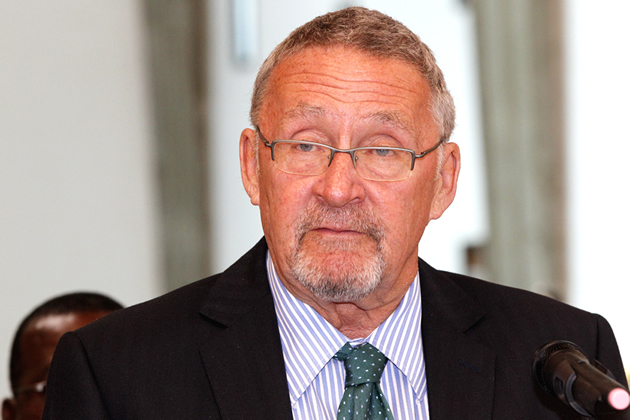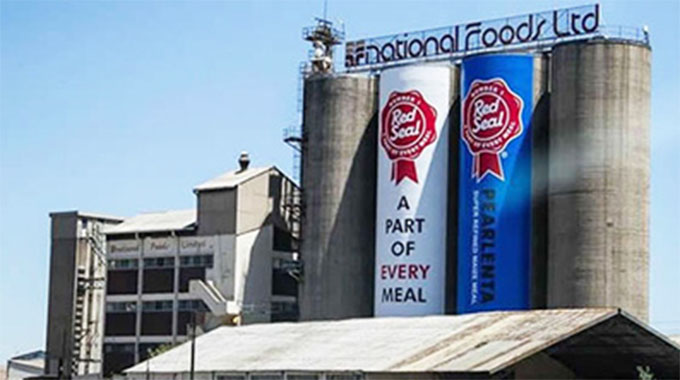Water quality and pollution interlinked
Water quality has for a long time been a contentious topic in Zimbabwe with consumers, particularly those in urban areas, expressing dissatisfaction with the quality of water they are receiving from local authorities and the Zimbabwe National Water Authority (ZINWA). Yet, although the contribution of sustainable management of water resources towards satisfying both primary and secondary water needs is generally understood, not much significance is being attached to the impact of water pollution on water quality.
Therefore, while consumers are right to demand high quality water, there is need for them not just to appreciate the inescapable link between water quality and water pollution but also to take a leading role in fighting water pollution.
Consumers must realise that it is not possible to look at the quality of treated water in isolation and criticise the Zimbabwe National Water Authority, along with local authorities for the quality of water they produce without scrutinising their own behaviours and the reckless disposition of industrial and mining effluent into water bodies which severely compromises the physical, chemical and bacteriological composition of raw water resulting in high treatment costs.
Thus, any diagnosis of the problem of poor water quality that is divorced from the issue of water pollution does not only lead to wrong conclusions.
Sadly, despite the law being clear on how individuals, industries and other stakeholders should behave in terms of preventing water pollution; sewerage, industrial effluent and many other water pollutants continue to find their way into rivers and dams resulting in high treatment costs.
The fact that water treatment is a long and expensive process can never be over emphasised.
The quantity of water treatment chemicals such as aluminium sulphate, sodium carbonate, lime, chlorine, soda ash etc. required to treat any amount of water is largely determined by the quality of raw water.
Therefore, highly polluted water requires higher chemical dosage and given the obtaining harsh economic environment, the cost of treating water in most areas in Zimbabwe remains too high principally due to continued pollution of water bodies.
Resultantly, although ZINWA has managed to provide good enough water to meet the standards set by the Standard Association of Zimbabwe (SAZ) and the international standards of the World Health Organisation (WHO) in small towns and growth points where it is responsible for the treatment and reticulation of clear water, the authority continues to endure high treatment costs as a result of water pollution.
It is in light of the above scenario that, for the umpteenth time, ZINWA calls upon consumers to honour their water bills in order to increase its capacity to produce high quality water.
The problem of water pollution has also had adverse impact on ground water often resulting in poor borehole water quality.
Clearly, the responsibility to keep our water bodies free of pollutants and reduce the water treatment cost is self-evidently a collective one and until all stakeholders play their part in arresting the scourge of water pollution, permanent eradication of the problem of poor water quality will always be a herculean task.
For more information please contact the corporate Communications and Marketing Department on [email protected] , mail to: [email protected] or visit www.zinwa.co.zw. You can also like our page on Facebook page.







Comments